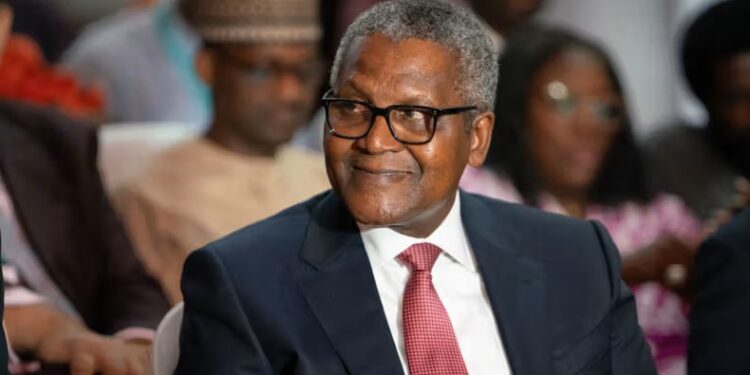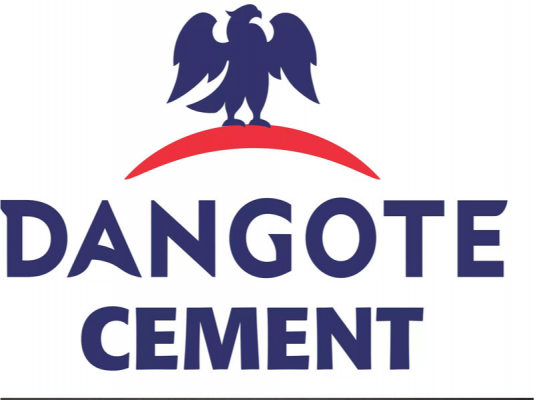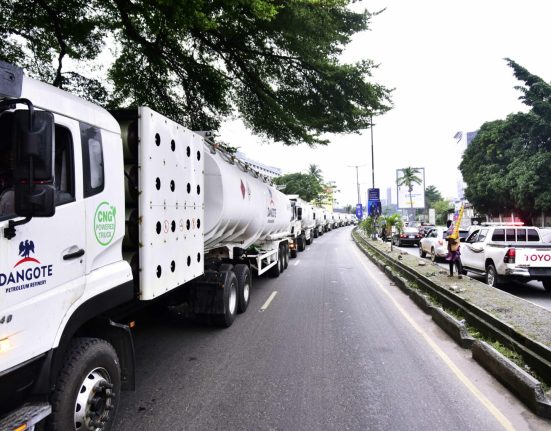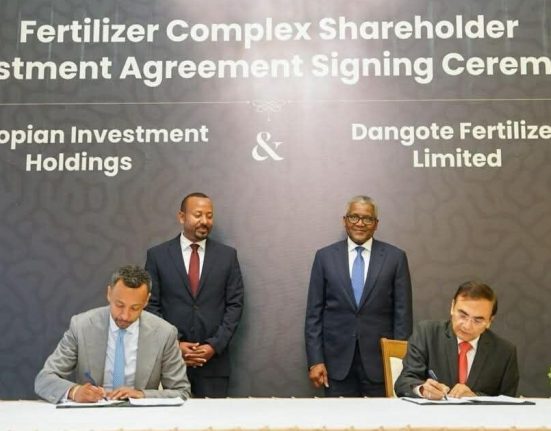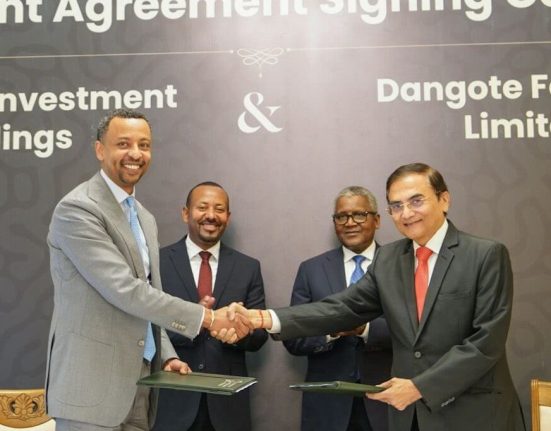Africa’s foremost industrialist and President of the Dangote Group, Aliko Dangote, has expressed deep concern over what he described as a troubling contradiction in the continent’s energy sector, one where African nations continue to export crude oil but depend heavily on foreign countries for refined petroleum products.
Speaking at a recent economic forum, Dangote questioned the sustainability and logic behind the continent’s long-standing reliance on imported refined fuel, noting that Africa collectively imports over 120 million tonnes of refined petroleum products annually, despite being rich in crude oil resources.
“It is a paradox that continues to undermine our economic independence,” the billionaire businessman remarked. “We produce crude oil in abundance across many African countries, yet we spend billions of dollars annually importing refined products, which we could easily process locally.”
Dangote’s comments come at a time when his company’s multi-billion-dollar integrated refinery project in Lagos—set to be one of the largest single-train refineries in the world—is nearing full operational capacity. The refinery, once fully up and running, is expected to drastically reduce Nigeria’s dependence on imported petroleum products and potentially serve as a refining hub for the West African sub-region.
He emphasised that this pattern of exporting raw materials only to import finished products at higher costs is one of the major factors hindering the continent’s industrial and economic advancement. According to him, building local refining capacity is not only essential for energy security, but also critical for creating jobs, saving foreign exchange, and fostering regional value chains.
Dangote called on African leaders to prioritise investment in refining infrastructure, collaborate across borders, and adopt policies that encourage self-sufficiency in energy production and distribution. He also noted that the continent’s growing population and urbanisation demand a more sustainable and strategic approach to energy planning.
Industry experts have echoed Dangote’s concerns, pointing out that decades of underinvestment, policy inconsistencies, and weak regulatory frameworks have kept most African oil-producing nations dependent on fuel imports, despite possessing the raw resource in abundance.
With the Dangote Refinery beginning phased production and other similar projects under consideration in countries like Angola and Ghana, many observers believe that the era of Africa refining its own crude could finally be within reach, if governments and stakeholders rise to the challenge.

